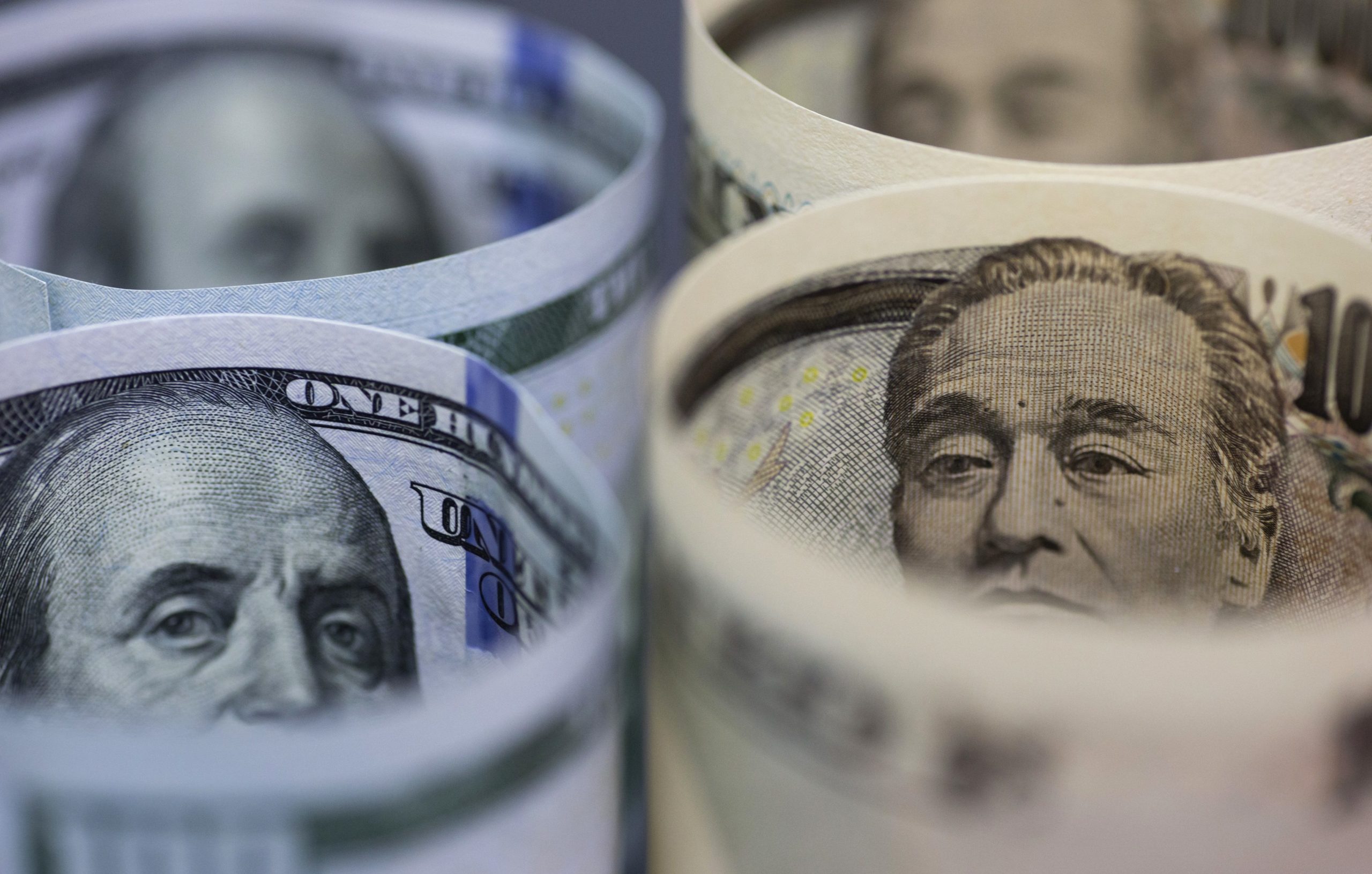- CBN Cannot Meet Forex Needs as Monthly Demand Hits $4.8b
The Central Bank of Nigeria (CBN) has said it cannot meet the country’s monthly demand for $4.8 billion foreign exchange.
In september, only 13.75 per cent of the demand for foreign exchange was met.
The apex bank said its inability to meet the demands was based on the dwindling foreign reserves attributable to low production and drop in crude oil prices.
According to the apex bank, its forex policy was geared towards controlling access to the limited supply of dollars and to encourage local production of commodities that were hitherto being imported.
It would be recalled that the CBN was only able to meet its forex obligation of $660.17 million to 1342 manufacturers and allied firms in September for the importation of raw materials, plants and machinery.
Besides, the CBN noted that it would be abjectly failing on one of its cardinal objectives if it cuts interest rates when the inflation rate is high, saying “ours at 18.3 percent, one must question the judgment of cutting interest rates at this time. I think it is important to underscore that interest rates reflects not just the cost of capital but also the cost of doing business, and so we need to also look at interest rates from the perspective of the lender. Given that most banks have to individually provide security, power, and other infrastructure, it is not surprising that some of these costs are passed on to customers in the form of high interest rates.”
Similarly, the CBN Governor, Godwin Emefiele explained actions taken on Bureau De Change operators saying that about $6 billion per year was being sold to the operators for frivolous reasons.
Emefiele added that the demand for forex has reached an all-time high of over $1.2 billion weekly or $4.8 billion monthly, noting that when he assumed office in June 2014, the nation’s forex reserves had fallen from an high of $62 billion in 2008 to only $37 billion.
“Rather than build on the one-time burgeoning base of agricultural production and manufacturing we had, we invested less in power, infrastructure, education, and health. As our schools began to dilapidate and teachers went on incessant strikes, we sent our children overseas even for primary school education. As doctors preferred to practice in the US and UK and hospitals lacked even hand gloves, we embarked on a medical exodus abroad even for basic diagnosis.
“As our manufacturing companies started closing especially for lack of power, we gladly substituted them with seemingly cheap imports while inadvertently exporting jobs and importing poverty to our country”, he added.
Director-General of the Lagos Chamber of Commerce and Industry (LCCI), Muda Yusuf explained that while the CBN may be right in its justifications for some of its actions, there is a need for a holistic and integrated approach to addressing the concerns in the economy, thus necessitating a fusion of fiscal and monetary policies.
President, Manufacturers Association of Nigeria (MAN), Dr. Frank Jacobs explained that the demands of the real sector are yet to be met and that may spell doom for the nation’s economy if unresolved by the end of the year.
According to him, we set up BDCs and started giving out FX cash to them.
“At some point, we even had Class A BDCs that could collect as much as $1 million per week. On average, we sold about US$6 billion per year for frivolous reasons. Over the 11 years that we were practicing this, we sold more than $66 billion. None of these monies were used to build factories or to create jobs in Nigeria. None of these were used to build hospitals or schools in Nigeria. Imagine what this money would have meant to us if we had that amount in our FX Reserves today”, he said.


 Forex3 weeks ago
Forex3 weeks ago


 Naira2 weeks ago
Naira2 weeks ago
 Billionaire Watch2 weeks ago
Billionaire Watch2 weeks ago




 Naira3 weeks ago
Naira3 weeks ago




 Naira2 weeks ago
Naira2 weeks ago




 Naira1 week ago
Naira1 week ago




 Naira4 weeks ago
Naira4 weeks ago




 Naira4 weeks ago
Naira4 weeks ago





















